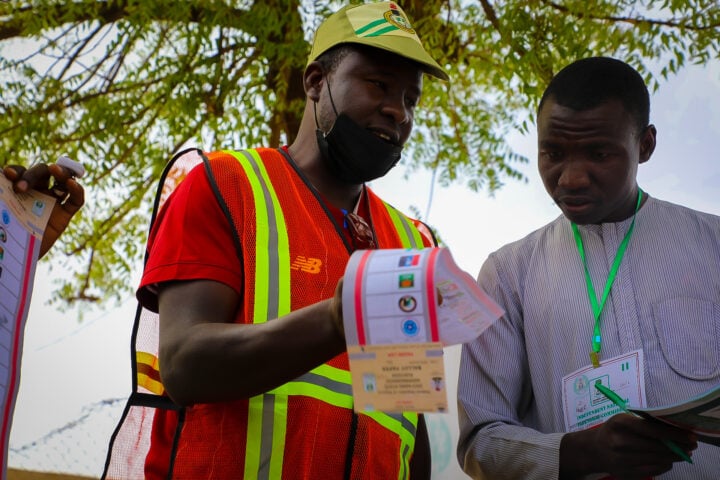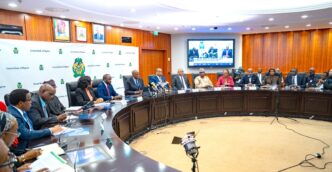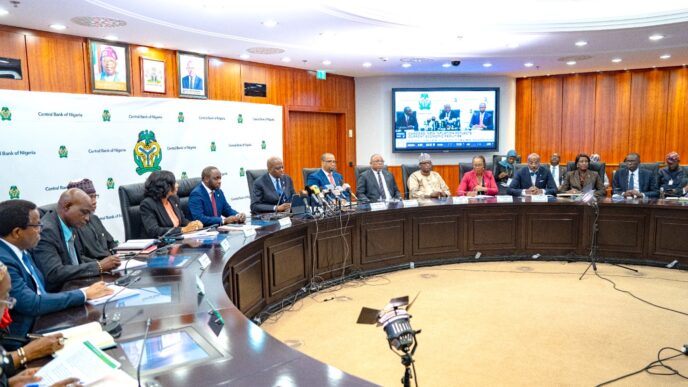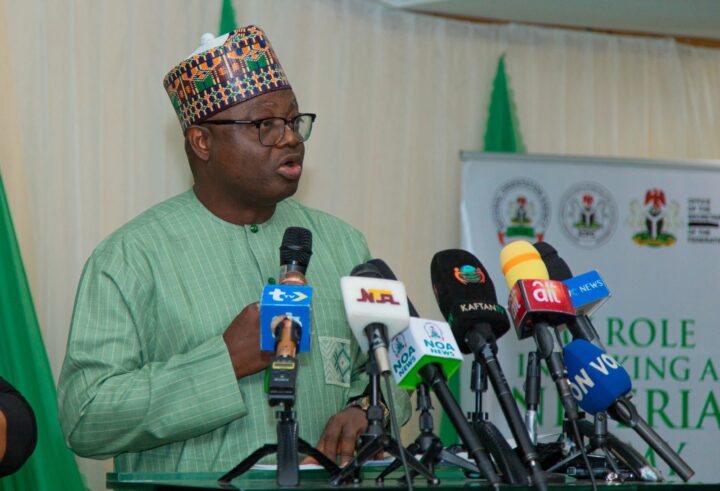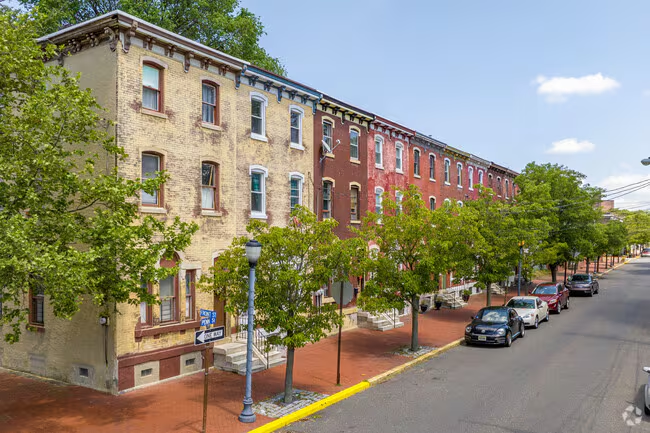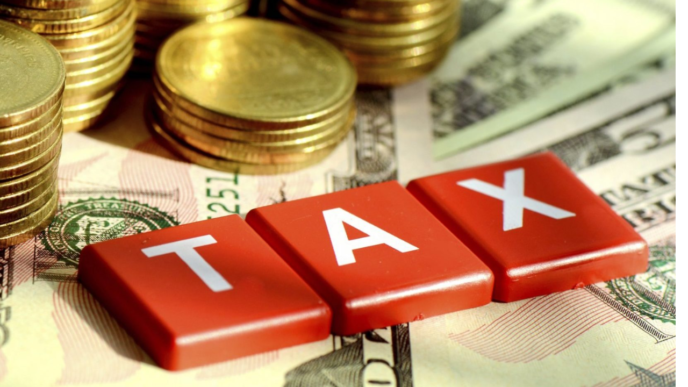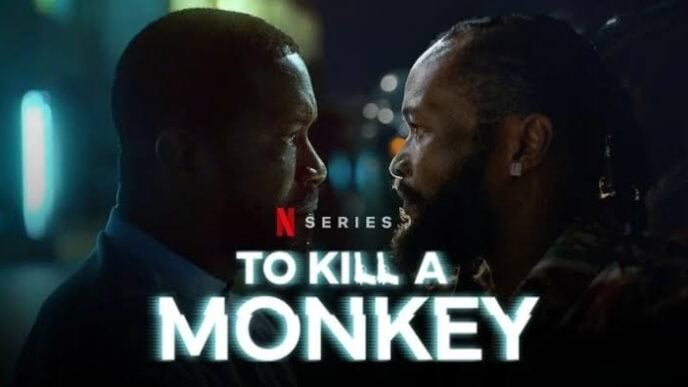BY JOE AFOLAYAN
Daniel Noboa of Ecuador became the world’s youngest democratically elected president at age 35, taking office in November 2023. He follows a global trend of youthful leaders rising to power, including Gabriel Boric of Chile, who was elected at 35 in 2021, and Jakov Milatovic of Montenegro, who took office at 36 in 2023. Their elections reflect a growing desire for fresh perspectives and generational change in leadership.
Nigeria’s political landscape remains dominated by older, wealthier, and more visible figures. Yet beneath the surface lies a generation brimming with potential – soft-spoken, idealistic, and driven by community service rather than power. These young Nigerians, however, rarely emerge as contestants in elections. This phenomenon reflects not only individual temperament but also deep structural barriers that favour the brash over the reserved. To understand why many youths are absent from ballots, we must examine the legal framework, campaign dynamics, party structures, finances, culture, and avenues for reform.
Nigeria made history in 2018 when the late President Buhari signed the Not Too Young To Run Act, lowering minimum candidacy ages: president from 40 to 35, governorship and senate from 35 to 30, and house of representatives and state assemblies from 30 to 25. This amendment, steered by youth advocates like Samson Itodo and Cynthia Mbamalu of YIAGA Africa, opened a legal door for emerging leaders. But the minimum age is only the first step. Legal eligibility does not guarantee access.
Advertisement
Many interested youths lacking political pedigree or visibility continue to struggle to get nominated by parties or raise a profile. Legal clearance is still overshadowed by economic privilege and charisma. As a result, the seats reserved for youth by law remain vacant or filled by outspoken, well-connected individuals, while quiet, introspective young Nigerians remain on the sidelines.
Campaigning in Nigeria demands financial firepower – nomination fees, posters, transportation, rallies, office accommodation, media and security. Form costs for major parties can exceed N45 million, beyond the reach of most young aspirants. Even grassroots youthful hopefuls rely on personal crowdfunding, endure logistics struggles and limited reach.
Voting buying is endemic: candidates must offer cash, food or favours to earn voter loyalty. Reserved young aspirants simply cannot match entrenched politicians on fiscal terms. Without money, young, willing and thoughtful voices remain unheard, excluded not for lack of ideas, but lack of means. The political field remains skewed toward those who pay.
Advertisement
Political parties serve as gatekeepers, especially in primaries where internal democracy is often shallow. Young aspirants face intimidation and outright exclusion.
Youth aspirants under lesser-known parties continue to leverage social media and grassroots efforts, yet their path is harder without party resources. For aspiring youths, whose strength lies in policies and community insight rather than bombastic campaigning, this environment is particularly unwelcoming.
Nigeria’s political culture reverses age and familiarity. Traditional norms dictate that leadership belongs to elders, who mentor younger generations. A young aspirant or candidate is often dismissed as inexperienced, naive, or over-ambitious – accused of “jumping the queue.” For ambitious youths who prefer to grow quietly through communities, these judgements reinforce self-doubt and self-exclusion.
The problem extends to gendered expectations and patriarchal norms. Young women, especially introverted ones, face a dual invisibility – less visible by youth and overshadowed within their cohort. Cultural pressures to defer to age and status can stifle the confidence needed to run or even declare interest.
Advertisement
Despite youths comprising nearly forty percent of Nigeria’s voting population, their votes seldom translate into representation. While activism may ignite energy, many youth voter drives sputtered as election seasons ended.
Introverted youths may avoid public rallies and events, limiting their civic skills and networks. If party primaries are ignored, they remain invisible. The leap from activism to running requires social assurance and upward mobility within party structures. When activism fades, so do their political hopes.
Young aspirants lack mentorship and networks critical for campaigns. YIAGA Africa and Run to Win are filling gaps by offering training, issue-based campaigning, and candidate support. But most young hopefuls lack the connections to benefit. Without visibility, they do not attract mentoring, funding, or media.
When mentorship focuses on high-profile, assertive youths alone, it leaves quieter voices without support. This systemic bias suppresses reflective, policy-oriented leaders who could strengthen governance with intelligence and integrity.
Advertisement
Every young aspirant who retreats from running is a lost opportunity for Nigeria to diversify leadership. Modest youths bring fresh perspectives – grassroots service, data-driven solutions, technocratic insight. Their absence ensures politics remains performative and populist.
Where quiet voices prevail, governance may grow more responsive. But without broader representation of the young, character and capability over bravado, Nigerian democracy remains at the mercy of wealth.
Advertisement
To correct this imbalance, interventions must empower aspiring youths. There may be a need to reform party structures. Mandate youth-only seats or zones within primaries. Cap form fees or subsidise youth forms. Enforce issue-based selection criteria to deter from charisma-driven ballots.
It is important to create grant schemes for youth aspirants. Expand crowdfunding platforms like RNV. Improve micro-loan access for campaigns, reducing reliance on vote buying.
Advertisement
Mentorship and civic literacy should be scaled up by encouraging partnerships between civic groups and the private sector to mentor young aspirants. Include mentorship programmes targeting introverted and policy-focused youths. Promote civic education early – universities, communities and virtual hubs.
The media should profile successful youths who are making an impact in politics and community roles. Youths should also leverage digital mobilisation to democratize visibility beyond rallies.
Advertisement
The 2023 surge of youth activism signalled a generational shift. But its momentum risks fading. Quiet leaders – those who serve local schools, mentor peers, pilot grassroots projects – are essential.
Young Nigerians must be encouraged to act on conscience, not charisma. They deserve access to legal candidacy, financial means, mentoring, and representation. What begins with legal reform must evolve into a cultural shift.
If Nigerian learns to value reserved yet capable youths – and equip them to step forward – we may one day see elections not dominated by loudness, patronage, or dynastic or ill-got wealth. Instead, we might witness ballots won on character, competence, and quiet conviction. In that moment, Nigeria’s democracy will be stronger, more inclusive, and truly for the people – especially those who start as young and shy voices.
Joe Afolayan is an International Development Consultant specialising in private sector development and democratic governance. He was part of the 2019 and 2023 EU Election Observation Missions in Nigeria. He can be contacted via [email protected]
Views expressed by contributors are strictly personal and not of TheCable.
